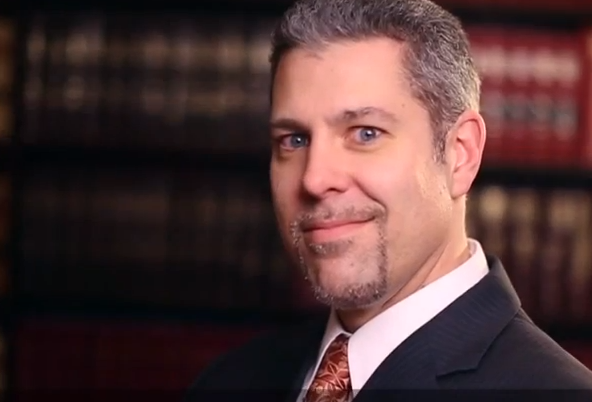In a DUI traffic stop, the officer typically observes some sort of behavior that raises his or her suspicions about the driver’s ability to operate a vehicle safely. This behavior can be anything from weaving in between the lines on the highway, failing to obey the speed limit or other posted driving instructions, or other erratic behaviors that could indicate intoxication. An officer who suspects that a motorist may be intoxicated usually does not have a lot of hard evidence that would point to intoxication at the time that the officer pulls the driver over.
Even after a driver has pulled over, the officer is still relying on observation to form his or her opinion about the driver’s intoxication levels. Bloodshot eyes, the smell of liquor or beer, open bottles or drug paraphernalia in the vehicle, vomiting—these are all typical signs of intoxication, and can prompt an officer to request that the driver perform a sobriety test. Depending on the type of test that the officer administers, this can be the evidence that seals a driver’s fate at trial.
In court, the prosecution team can use the officer’s testimony about his or her observations, along with any chemical samples taken from the time of the traffic stop. If a chemical test was administered, and the results showed that the defendant’s blood alcohol content, or BAC, was above the legal limit for safe driving, the judge could issue a driving under intoxication ruling immediately—the chemical evidence makes the case.
Pressure to Provide Blood Samples at DUI Traffic Stops
However, there are some cases where a driver may not consent to a chemical test, and can refuse to use the breathalyzer or provide a urine sample shortly after his or her arrest. In New Jersey, a refusal to submit to to a breathalyzer test can lead to an automatic arrest, but there are limits on when a police officer can force a driver to provide a blood or urine sample. In 1966, the United States Supreme Court issued a ruling in Schmerber v. California that allowed police officers to collect blood samples without warrants in DWI traffic stops. However, the 2013 decision in Missouri v. McNeely placed definitive limits on this privilege.
Implied Consent Statute
Under New Jersey’s implied consent statute, any driver operating a vehicle on a public road, or even a quasi-public road like a restaurant parking lot, has consented to providing breath samples to determine blood alcohol concentration in the event of a drug or alcohol traffic stop if an officer has probable cause to believe that the driver is intoxicated. Anyone who refuses faces an additional charge for refusing to provide breath samples and, in most instances, the penalties for Refusal are almost identical to the penalties for DWI with an elevated blood alcohol concentration. However, the law does say that officers cannot, without a warrant, administer a chemical test with force, or against physical resistance from a potential drunk driver.
For more information on your rights when it comes to DWI traffic stops, contact Scott Gorman at The Gorman Law Firm today. Scott is a leading Essex County and Morristown DWI lawyer, and he can help you fight back against drunk or drugged driving charges.
Published in Categories: DUI / DWI


